How can this guide help me?

A member of staff or a carer can support you to read this guide. They will be able to answer any questions that you have.
How can this guide help me?
This guide will help you to:
- Understand what panic means
- Know if you are having a panic attack
- Understand why people have panic attacks
- Realise that panic attacks are not dangerous
- Learn what to do to make you feel less panicky
What is panic?

Panic is a strong feeling of fear and anxiety which happens when something you are not expecting takes place. It happens when you are not sure what to do.
Most people feel panic from time to time.
You might feel panic because:
You get off the bus at the wrong stop and you don’t know where you are.
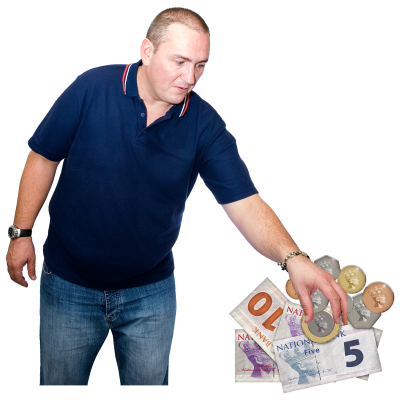
You can’t find your purse and you think your money has been stolen.
Most people would panic if any of these things happened to them.
What is a panic attack?

Lots of people have panic attacks.
Panic attacks affect your body, your thoughts and your feelings.
During a panic attack:
The feelings are a lot stronger.
The feelings seem to come without any reason.

As the feelings are unexpected and strong they can be very frightening.

You often feel something awful is about to happen when you have a panic attack.
Remember:
- Nothing awful is going to happen.
- Panic attacks are not dangerous.
- They do not mean you are ill.
These are some of the things you might feel if you are having a panic attack:
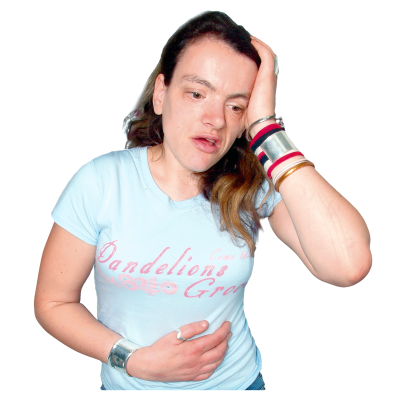
Feelings in your body
- Heart pounding, beating fast or skipping a beat
- Chest pains, your heart seems to stop then start again suddenly
- Breathing too fast or you feel you are short of breath and can’t breathe
- Head pounding
- Fingers, toes or lips feel numb or you feel them tingling
- You feel sick or you think you can’t swallow
- You think you are going to faint

Emotions or feelings
- You feel very frightened
- Nothing feels real
- You feel anxious when you are near somewhere you panicked before

Frightening thoughts
- You think you are going to have a heart attack
- You think you can’t breathe
- You think you are going to faint
- You think you are going to be sick
- You think you are choking
- You think you are making a fool of yourself
- You think, “I’ve got to get out of here”.

If you feel lots of these things you might be suffering from panic attacks.
Why do people have panic attacks?

When you have a panic attack you are feeling fear. Fear is when you are very scared.
Fear can help you to stay safe when you are really in danger.
The problem with panic attacks is that you are feeling fear when
there is nothing really to be scared of.
Why do people start having panic attacks?
- Stress
- When you are ill
- No reason at all
What keeps panic attacks going?

Often people who have panic attacks are not sure what is going on. They may get think they are really ill.
This makes them feel more panic.
Thoughts can make you panic. You might start to worry you are going to panic because it is somewhere you had a panic attack before.

By avoiding things you think will make you panic,you stay scared that you will have another panic attack.
That means you never learn that panic attacks are not dangerous.
What can I do to help myself when I am having a panic attack?
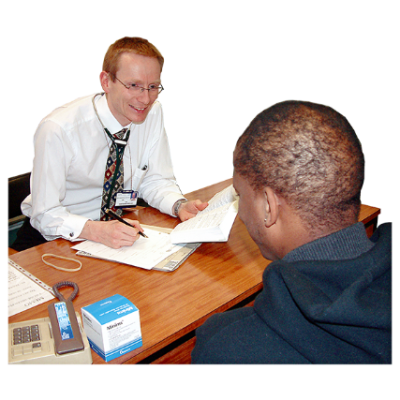
Here are some things to try:
Speak to your doctor to check if you are having panic attacks.
Your family doctor is the best person to speak to about learning how you can deal with panic attacks. The doctor will help you to feel more calm and relaxed.
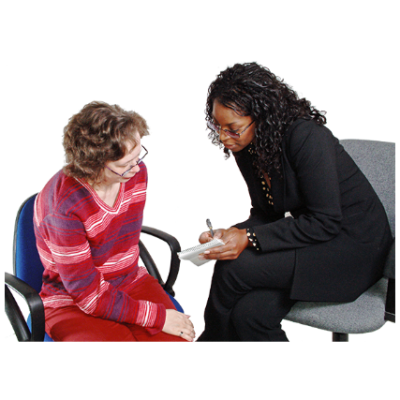
If you are not sure if you are having panic attacks you should talk to your support worker, if you have one.
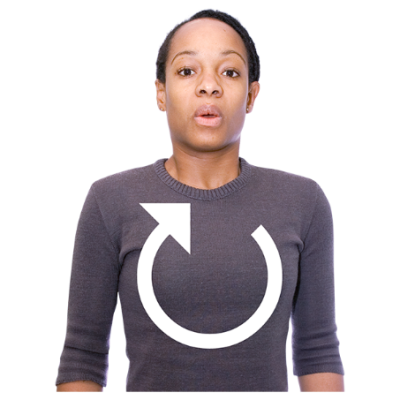
You could try to:
Breathe more slowly. This might stop you feeling faint or dizzy.

Stop worrying you are ill. Panic does not make you ill.

Think about something else such as what you were doing or what is going on around you. This might help you not to focus on your body.
Where to get more help
These organisations can give you help and advice:
Anxiety UK
Information and support for people who have anxiety problems.
Telephone: 03444 775 774
Text: 07537 416 905
Email: support
www.
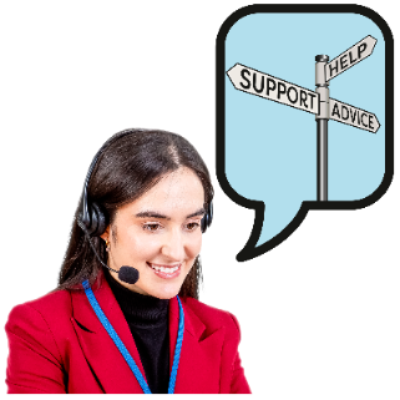
Mind Infoline
Help, information and support.
Telephone: 0300 123 3393
Email: info
www.
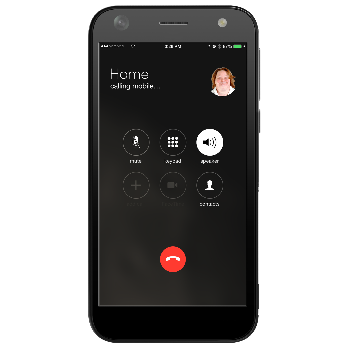
No Panic
Support for people who suffer from panic
attacks, OCD and phobias.
Telephone: 0300 772 9844
www.
Rethink
Advice and information for people with mental health problems.
Advice Service: 0808 801 0525
Email: advice
www.
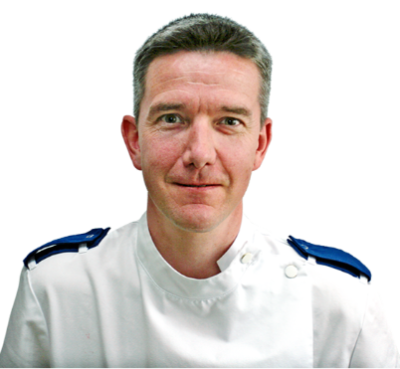
You can also get help and information from your doctor or nurse.
Acknowledgement

Easy Read version developed by:
- Skills for People, Telephone: 0191 281 8737
Skills for People is a registered charity no. 1069993 - Many thanks to service users and healthcare staff who have contributed to the development of this guide
Adapted from Panic - A Self Help Guide written by Dr Lesley Maunder and Lorna Cameron www.selfhelp.cntw.nhs.uk
Published by the Patient Information Centre
2025 Copyright, Cumbria, Northumberland, Tyne and Wear NHS Foundation Trust
Ref, PIC/635/0522 May 2025 V4
Review date 2028
 Print or download as a PDF
Print or download as a PDF